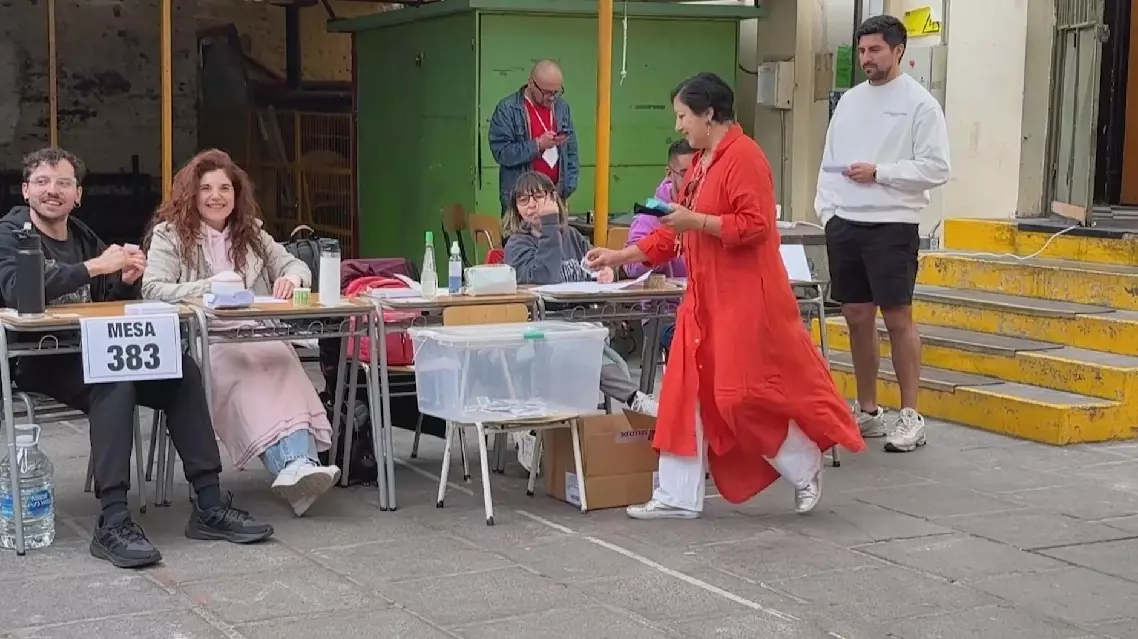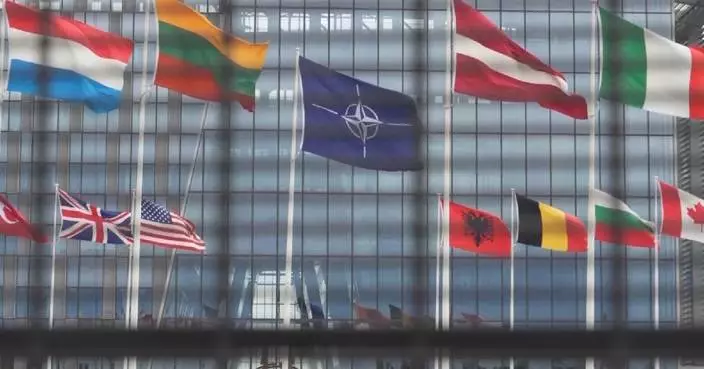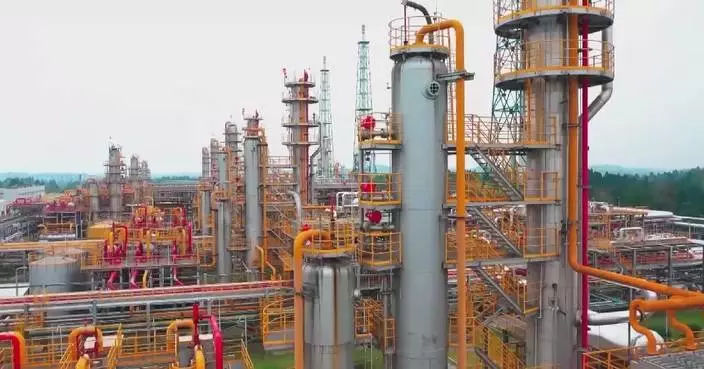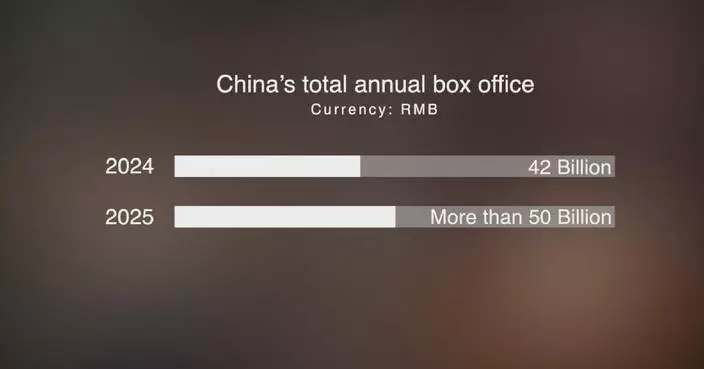China has implemented strict regulation and comprehensive measures to maintain an intense crackdown on the smuggling of fentanyl-related substances, the General Administration of Customs (GAC) said on Monday.
The measures include strengthening the analysis and assessment of risks related to fentanyl-related substances and increasing inspection and control efforts, said a GAC officer in response to a media inquiry.
Fentanyl and its related substances with medicinal properties, including alfentanil, remifentanil and sufentanil, are regarded as narcotic drugs and managed according to the 2013 edition of the catalogue of narcotic drugs, said the officer.
According to China's Drug Administration law, the import and export of narcotic and psychotropic drugs within the scope specified by the country require licenses issued by the state medical product regulatory authorities, said the officer.
Individuals carrying narcotic or psychotropic drugs across borders for medical treatment must present a medical certificate issued by a healthcare institution, as well as a personal identification, according to relevant regulations.
Medical personnel carry a small amount of narcotic drugs and psychotropic drugs in or out of the country for medical need must present a certificate issued by the drug supervision and administration department of the people's government at or above the provincial level.
In 2019, China included all fentanyl-related substances in its Supplementary Catalogue of Non Medicinal Anesthetics and Psychotropic Substances under Control, and managed them as non-medical narcotic and psychotropic substances.
According to regulations issued by the Ministry of Public Security, it is prohibited for any entity or individual to produce, sell, transport, use, store, or import and export such substances.
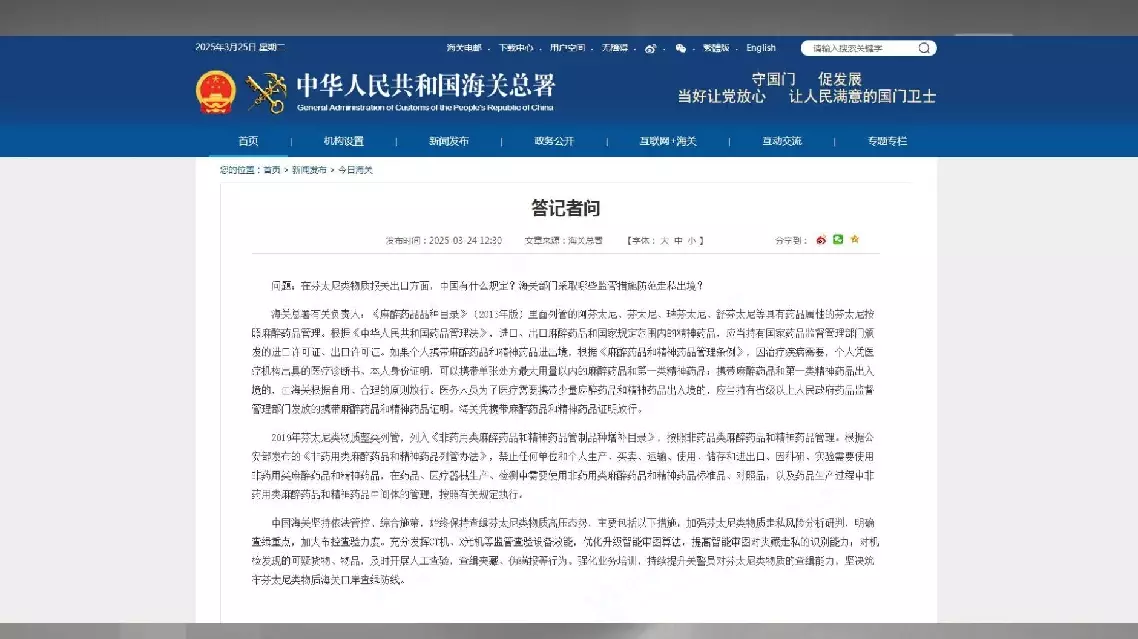
China's customs maintains intense crackdown on smuggling fentanyl-related substances
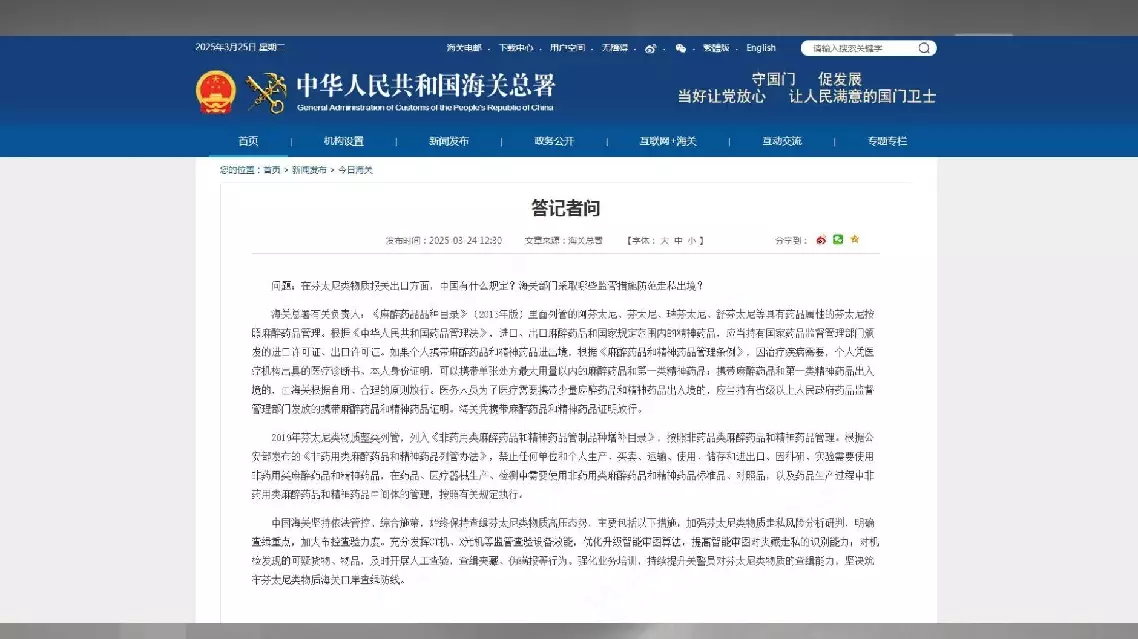
China's customs maintains intense crackdown on smuggling fentanyl-related substances
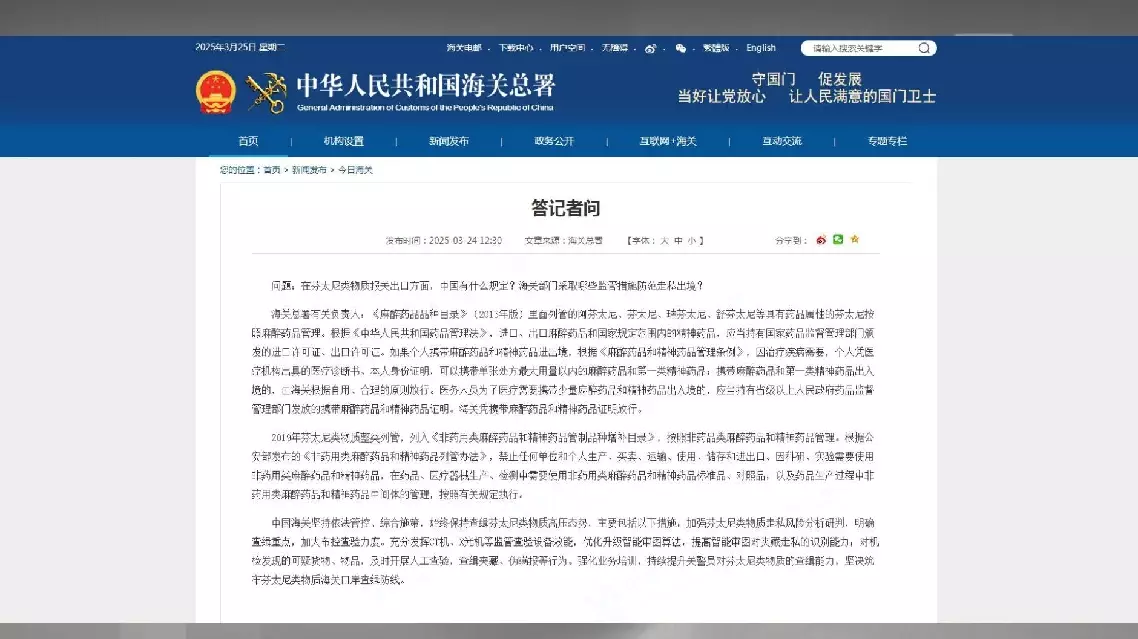
China's customs maintains intense crackdown on smuggling fentanyl-related substances


